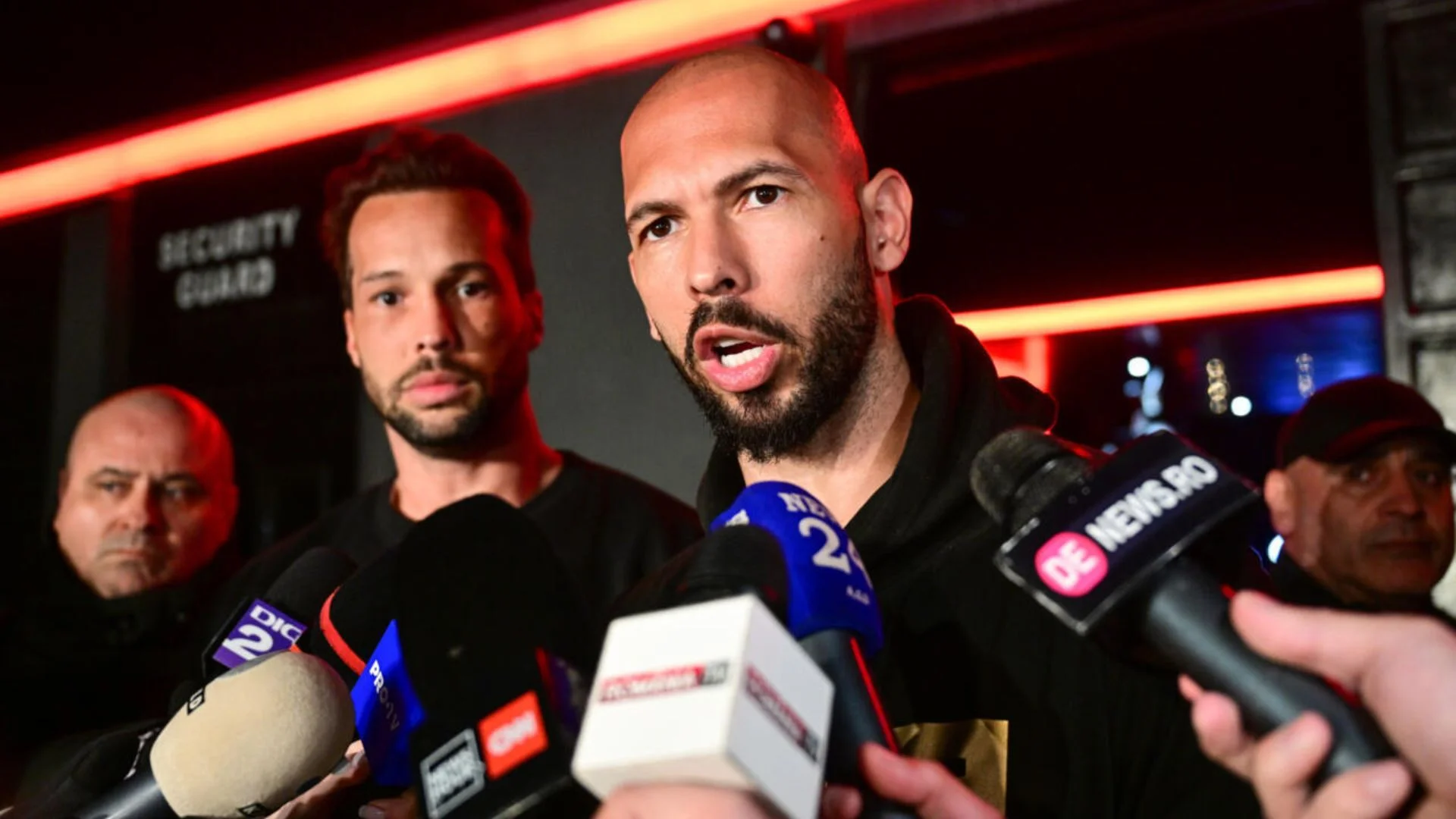South Korean President Yoon Suk Yeol has pledged to “fight until the end” in response to the growing efforts to remove him from office following his brief imposition of martial law. Speaking during a televised address on Thursday, Yoon has come in defence of his controversial decision last week, describing it as a legitimate act of governance aimed at defending the country from anti-state forces. He rejected claims of insurrection and stated that he was not attempting to destabilize the government.
Yoon’s martial law decree, which lasted only six hours before being overturned by parliament, was introduced in response to growing opposition forces. He maintained that his goal was to protect the country’s liberal democracy and constitutional order from attacks by the opposition. As the National Assembly prepares for another vote on his impeachment, Yoon reiterated his stance, emphasizing that his actions were in the interest of national security.
However, Yoon’s presidency is under increasing pressure, with police reportedly attempting to raid his office for a second time as part of an investigation into allegations of rebellion. The first raid was blocked by security guards at the presidential compound, but further attempts to investigate the president and other officials involved in the martial law declaration continue.
Amid the political turmoil, Yoon’s ruling People Power party selected a new floor leader, Kweon Seong-dong, who has suggested that South Korea may be heading toward an early presidential election. Yoon’s own party members, including party leader Han Dong-hoon, have called for his suspension due to the martial law decree.
In addition, Yoon’s former defense minister, Kim Yong-hyun, was arrested earlier this week on charges related to the martial law, becoming the first individual formally charged in connection to the decree. Kim is accused of recommending the imposition of martial law and sending military forces to block lawmakers from voting on it.
As the investigation unfolds, Yoon faces mounting opposition, protests, and calls for his resignation, adding to the political uncertainty surrounding his administration.























